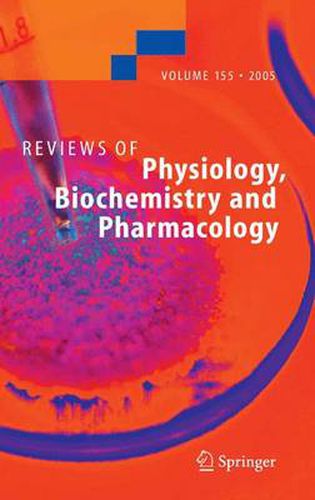Readings Newsletter
Become a Readings Member to make your shopping experience even easier.
Sign in or sign up for free!
You’re not far away from qualifying for FREE standard shipping within Australia
You’ve qualified for FREE standard shipping within Australia
The cart is loading…






This title is printed to order. This book may have been self-published. If so, we cannot guarantee the quality of the content. In the main most books will have gone through the editing process however some may not. We therefore suggest that you be aware of this before ordering this book. If in doubt check either the author or publisher’s details as we are unable to accept any returns unless they are faulty. Please contact us if you have any questions.
The eukaryotic translation machinery must recognize the site on a messenger RNA (mRNA) where decoding should begin and where it should end. The selection of the translation start site is generally given by the ?rst AUG codon encoding the amino acid methionine. D- ing initiation soluble translation initiation factors (eukaryotic translation initiation factors [eIFs] in eukaryotes and prokaryotic translation initiation factors [IFs] in prokaryotes) bind the mRNA, deliver the initiator Met-tRNA, and assemble to form a complete 80S ribosome from the 40S and 60S subunits. By progressing along the mRNA in the 5 -to-3 direction the ribosome decodes the information and translates it into the polypeptide chain. During this process, repeated delivery of amino-acyl tRNA (aa-tRNA) to the ribosome, peptide bond formation, movement of the mRNA, and the growing peptidyl-tRNA is mediated by both soluble elongation factors (eukaryotic translation elongation factors [eEFs] in euka- otes and prokaryotic translation elongation factors [EFs] in prokaryotes) and the activity of the ribosome. The ?nal step in the translation process occurs when one of the three t- mination codons occupies the ribosomal A-site. Translation comes to an end and soluble release factors (eukaryotic translation termination factors [eRFs] in eukaryotes and proka- otic translation termination factors [RFs] in prokaryotes) facilitate hydrolytical release of the polypeptide chain (for recent reviews, see Inge-Vechtomov et al. 2003; Kisselev et al. 2003; Wilson and Nierhaus 2003; Kapp and Lorsch 2004).
$9.00 standard shipping within Australia
FREE standard shipping within Australia for orders over $100.00
Express & International shipping calculated at checkout
This title is printed to order. This book may have been self-published. If so, we cannot guarantee the quality of the content. In the main most books will have gone through the editing process however some may not. We therefore suggest that you be aware of this before ordering this book. If in doubt check either the author or publisher’s details as we are unable to accept any returns unless they are faulty. Please contact us if you have any questions.
The eukaryotic translation machinery must recognize the site on a messenger RNA (mRNA) where decoding should begin and where it should end. The selection of the translation start site is generally given by the ?rst AUG codon encoding the amino acid methionine. D- ing initiation soluble translation initiation factors (eukaryotic translation initiation factors [eIFs] in eukaryotes and prokaryotic translation initiation factors [IFs] in prokaryotes) bind the mRNA, deliver the initiator Met-tRNA, and assemble to form a complete 80S ribosome from the 40S and 60S subunits. By progressing along the mRNA in the 5 -to-3 direction the ribosome decodes the information and translates it into the polypeptide chain. During this process, repeated delivery of amino-acyl tRNA (aa-tRNA) to the ribosome, peptide bond formation, movement of the mRNA, and the growing peptidyl-tRNA is mediated by both soluble elongation factors (eukaryotic translation elongation factors [eEFs] in euka- otes and prokaryotic translation elongation factors [EFs] in prokaryotes) and the activity of the ribosome. The ?nal step in the translation process occurs when one of the three t- mination codons occupies the ribosomal A-site. Translation comes to an end and soluble release factors (eukaryotic translation termination factors [eRFs] in eukaryotes and proka- otic translation termination factors [RFs] in prokaryotes) facilitate hydrolytical release of the polypeptide chain (for recent reviews, see Inge-Vechtomov et al. 2003; Kisselev et al. 2003; Wilson and Nierhaus 2003; Kapp and Lorsch 2004).